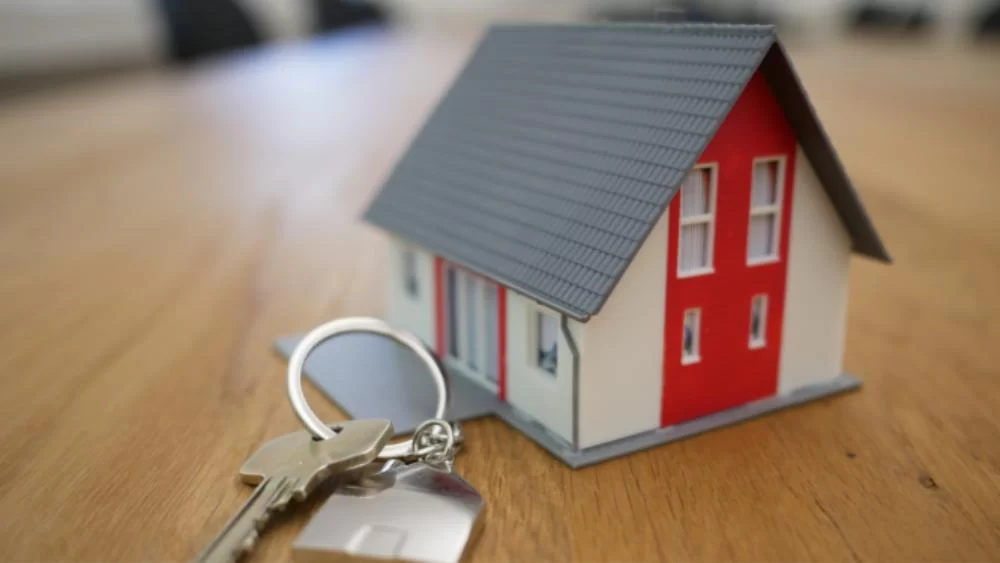
- Why Pricing Your Home Right Matters
- Factors Influencing Home Pricing
- Consequences of Incorrect Pricing
- Strategies to Price Your Home Effectively
- Real-Life Example of Pricing Impact on Home Sale
- How Your Private Space Can Assist in Home Pricing and Selling
1. Why Pricing Your Home Right Matters
The importance of pricing your home correctly when selling cannot be overstated. Setting the right price is one of the most critical decisions a homeowner makes in the selling process. A well-priced property attracts serious buyers, generates strong interest, and can significantly shorten the time your home stays on the market.
Conversely, incorrect pricing can deter potential buyers, reduce negotiation leverage, or even cause your property to linger unsold for months. The right price reflects not only the home’s intrinsic value but also current market conditions and buyer expectations. Understanding this delicate balance is essential for a successful sale.
1.1 How Correct Pricing Builds Buyer Trust
Buyers often research similar properties before making offers. A price aligned with market realities sends a positive signal about the property’s value and the seller’s seriousness. This trust can translate into quicker offers and fewer price negotiations, saving time and stress for everyone involved.
1.2 Pricing as a Marketing Tool
Price is often the first factor buyers notice. A strategically set price positions your home competitively within the market, increasing its visibility on listing platforms and attracting more showings. It essentially serves as a marketing message that your property offers fair value.
2. Factors Influencing Home Pricing
Understanding what goes into pricing a home correctly helps sellers avoid costly mistakes. Multiple elements shape the final listing price.
2.1 Location and Neighborhood Trends
Location remains paramount in real estate pricing. Homes in desirable neighborhoods with good schools, amenities, and future growth potential command higher prices. Sellers should evaluate recent sales data in their area to understand neighborhood pricing trends.
2.2 Property Condition and Features
The condition of your home, including upgrades, layout, and curb appeal, heavily influences pricing. A well-maintained, updated home justifies a higher asking price, while properties requiring repairs may need adjustments to attract buyers.
2.3 Market Supply and Demand
Current market dynamics play a crucial role. In a seller’s market, with low inventory and high demand, prices tend to rise. Conversely, a buyer’s market with ample supply means pricing competitively is more important to attract interest.
3. Consequences of Incorrect Pricing
The importance of pricing your home correctly when selling becomes clearer when considering what goes wrong otherwise.
3.1 Overpricing: Risks and Drawbacks
Setting a price too high can scare away potential buyers and result in fewer showings. This often leads to the property stagnating on the market, which can cause buyers to question its value or condition. Eventually, sellers may have to reduce the price multiple times, creating a perception of desperation and reducing final sale price.
3.2 Underpricing: Missed Financial Opportunities
Pricing a home too low might bring quick offers, but sellers could miss out on significant profits. While this strategy can work in very competitive markets to generate bidding wars, it requires careful consideration to avoid leaving money on the table.
4. Strategies to Price Your Home Effectively
Effective home pricing is part art, part science. Here are detailed approaches to help sellers get it right.
4.1 Conduct a Comparative Market Analysis (CMA)
A CMA examines recently sold homes similar to yours in size, style, and location. This method provides a data-driven basis for setting a competitive price. Professional real estate agents typically perform CMAs to offer reliable pricing advice.
4.2 Consider Seasonal and Economic Factors
Real estate markets fluctuate throughout the year and in response to economic changes. Listing your home during peak buying seasons or favorable economic conditions can justify a higher price, while off-peak periods might require more aggressive pricing strategies.
4.3 Use Professional Appraisals and Expert Advice
Hiring a certified appraiser can provide an unbiased estimate of your home’s value. Combined with insights from experienced agents, this information supports confident pricing decisions aligned with market realities.
5. Real-Life Example of Pricing Impact on Home Sale
Consider the story of a homeowner in Denver who initially priced her house 15% above market value, believing its unique features warranted a premium. After six months with minimal interest and several price reductions, she ultimately sold for 5% below the original asking price, resulting in lost time and money.
In contrast, another seller in the same neighborhood priced their home competitively based on a CMA. Their property attracted multiple offers within weeks, selling above the asking price due to strong buyer interest. This example highlights how pricing strategy directly impacts the selling timeline and final outcome.
6. How Your Private Space Can Assist in Home Pricing and Selling
For homeowners seeking guidance on the importance of pricing your home correctly when selling, Your Private Space offers valuable tools and expert recommendations. Whether you need access to market analysis, trusted real estate agents, or home services to prepare your property, this platform connects you with the best resources tailored to your needs.
Utilizing services like Your Private Space can help you price your home strategically, market it effectively, and ultimately achieve a successful sale with confidence.








